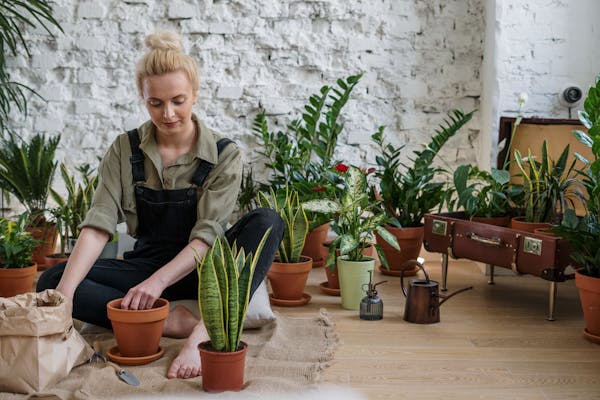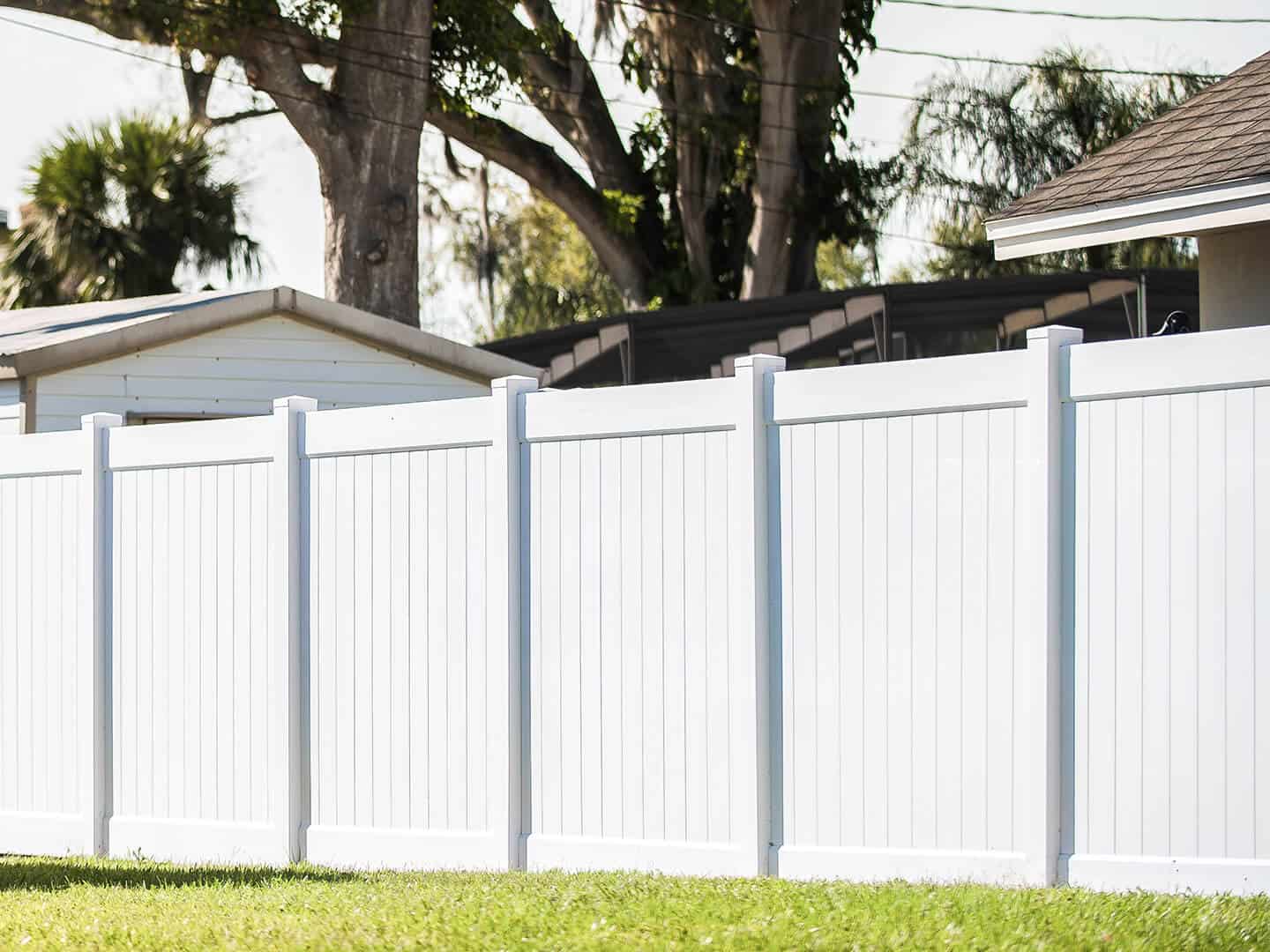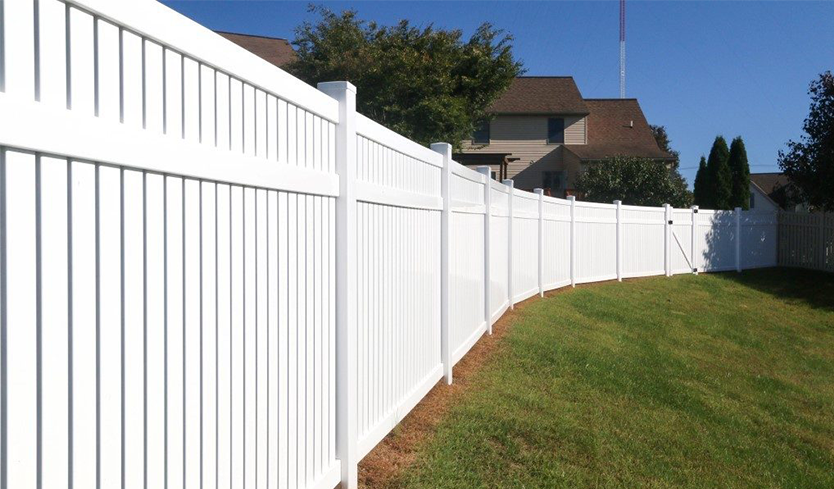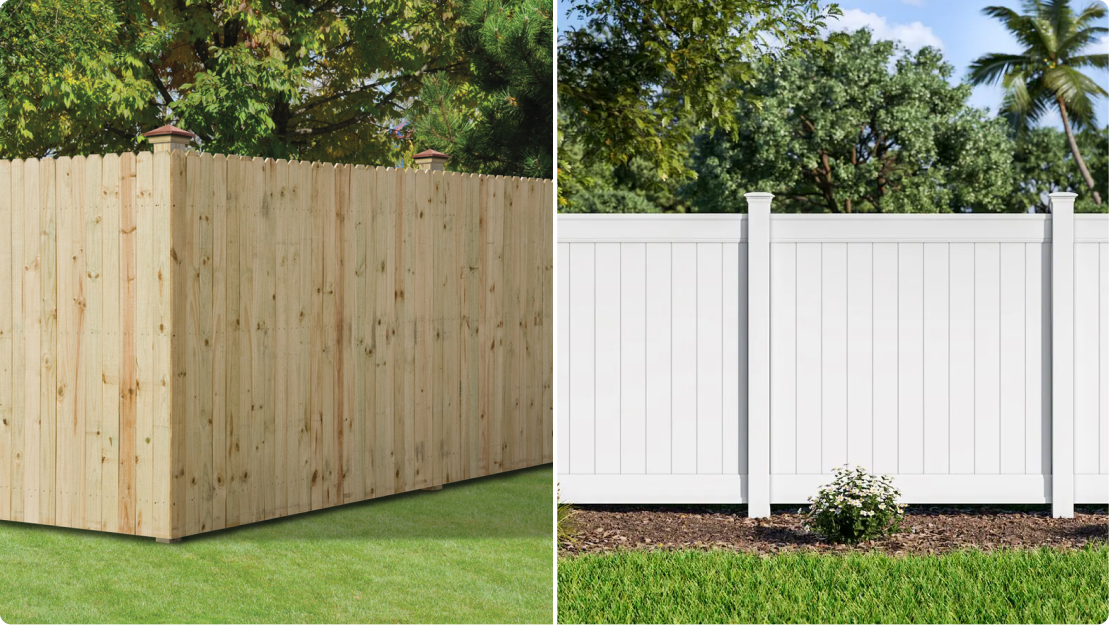10 Key Components of Organic Gardening
Organic gardening is much more then just avoiding the use of chemicals on your garden. For many people it is an outlook on living using nature’s laws to grow their fruits, vegetables, and other plants naturally. This is usually a personal choice made in light of much research done into the importance of diet as it relates to our health and longevity.
Studies have shown that organically grown foods have higher concentrations of vitamins and minerals then those grown using chemical fertilizers, pesticides, and herbicides. Organically grown fruits and vegetables are not only better health wise but they also avoid the accidental exposure to those chemical agents that are used in large scale commercial farming that is so common in today’s world.
Here are 10 key components that are a fundamental part of organic gardening.
1. Healthy Soil – This is probably the most fundamental aspect of any organic garden. Healthy soil that is replenished naturally will grow healthy food stuffs year after year. Organic fertilizers such as manure and composted garden, yard, and kitchen waste are easily recycled back into the earth creating nutrient rich soil that will grow all manner of healthy plants.
2. Avoid all chemical or synthetic fertilizers, pesticides, and herbicides. This will not only ensure that your soil stays naturally organic but it also relieves the worry of harm to your family and pets should they come in contact with these dangerous chemicals.
3. Sustainable gardening practices allow your garden to become self sustaining. As nutrients are used by plants they are replaced through the use of natural fertilizers and compost. Done properly organic gardens rely on natural organic cycles to remain healthy each and every year.
4. Stewardship of the environment – The natural environment benefits from organic gardening practices in that it reduces the environmental contamination associated with chemical dependent farming practices.
5. Creating friendly habitats for beneficial wildlife. There are a wide variety of beneficial animals and insects that will be drawn to your garden. Protecting them from the dangers associated with hazardous chemicals is not only beneficial to them but also to your gardening efforts as they will eat large amounts of destructive insects, controlling them in a natural manner.
6. Use intensive planting practices to conserve water usage and help retard to growth of undesirable weeds. Intensive planting is simple spacing your plants close to together. This helps to shield the soil from the sun slowing evaporation and weed seed germination.
7. Use the concept of plant biodiversity to ensure that changes in growing conditions or plant disease does not lead to crop failure. Planting a variety of different plants will ensure that the loss of one plant will not jeopardize the overall garden food supply.
8. Rotate crops – controlling soil borne pests and disease is the primary reason to rotate crops each year and throughout the growing season. Crop rotation can keep any garden healthy and producing bountiful harvests.
9. Use good watering and weeding practices. Capture and store rain water where possible to water the garden. Use soaker hoses, drip irrigation, or water by hand to minimize water loss. Hand weed and avoid the use of harmful pesticides and herbicides. And be sure to lay down a thick layer of mulch to hold in moisture and keep weeds from germinating.
10. Save seeds from your best crops for future use. Imagine being able to create a self sustaining garden that requires no outside help. From planting in the spring until fall harvest an organic garden is truly a part of it natural environment.








